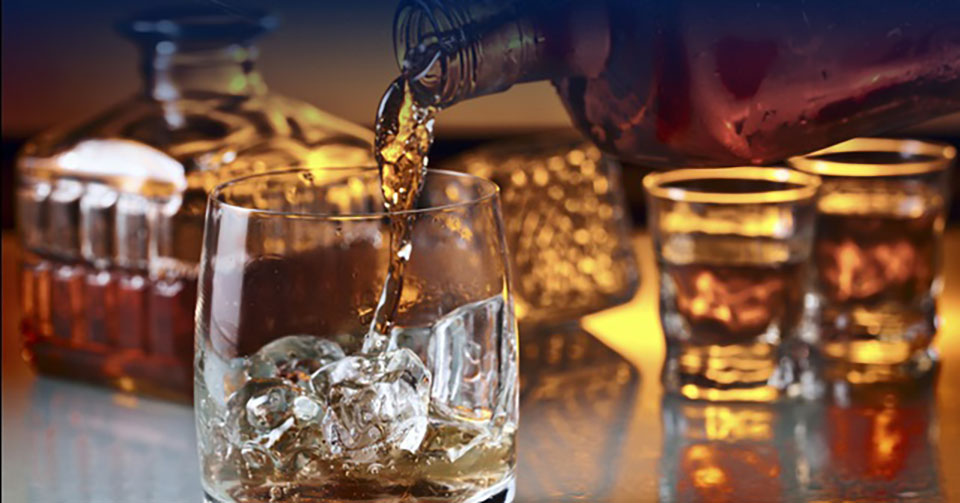
The Move Forward Party (MFP) is advocating for an end to bans on selling alcoholic beverages during Buddhist holidays, arguing that they infringe on individual freedom.
MFP executive Amarat Chokpamitkul took to social media to voice her disagreement with the ban, stating that it contradicts Thailand’s constitution, which guarantees people the right to practice religions other than Buddhism. She said the ban restricted the freedom of those who do not follow Buddhism, as many other religions do not discourage alcohol consumption.
The ban, enforced to observe significant Buddhist holidays such as Vesak, imposes penalties for violators of up to six months in prison, a fine of up to 10,000 baht, or both. There are five Buddhist holidays in total every year during which sales of alcoholic beverages are prohibited.
Amarat suggested that instead of imposing a ban, authorities should focus on enforcing laws against drunk driving to prevent alcohol-related accidents. She added that such bans are not prevalent in most other countries, emphasizing the need for alternative measures.

Responding to MFP’s call to lift the alcohol ban, Phetchawat Wattanapongsirikul, a candidate for the Pheu Thai Party, argued that the ban should be maintained to prevent road accidents caused by drunk driving. He cited the high number of arrests related to drunk driving during the recent Songkran festival as evidence.
MFP has been pushing for a “progressive liquor bill” to amend the Excise Tax Act, aiming to break the monopoly of large corporations in the alcoholic beverage industry and facilitate entry for small-scale producers. However, the bill was rejected in the House of Representatives last year.
MFP criticized these regulations for favoring larger breweries and creating obstacles for small alcohol makers. The government, however, defended the regulations, stating that they were intended to ensure the quality of alcoholic drinks.





